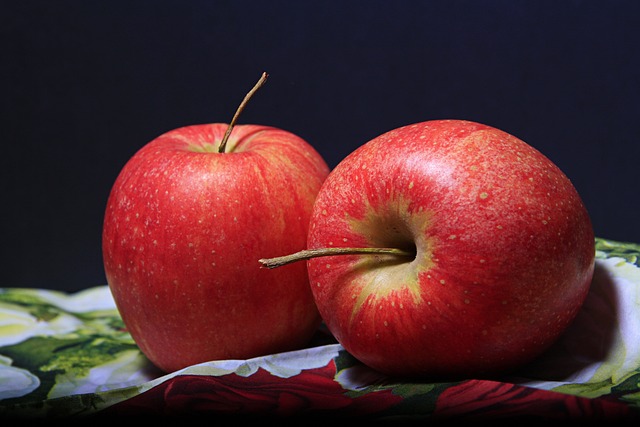Probiotics 101: Demystifying the Myths and Understanding the Facts
Introduction
Probiotics have gained increasing popularity in recent years as people look for natural ways to improve their health and well-being. These live bacteria and yeasts are often referred to as “good” or “friendly” bacteria because of their potential benefits for our digestive system. However, with the growing popularity also comes with a lot of misinformation and confusion. In this blog post, we aim to demystify the myths surrounding probiotics and provide a clear understanding of the facts.
What Are Probiotics?
Probiotics are live microorganisms that, when consumed in adequate amounts, can provide health benefits to the host. They are primarily found in certain foods and supplements. The most common types of bacteria used as probiotics are lactobacillus and bifidobacterium, but other strains are also used.
Dispelling the Myths
Myth 1: Probiotics Are Only for Digestive Health
While it’s true that probiotics are known for their positive effects on the digestive system, their benefits extend beyond that. Research suggests that probiotics may also support a healthy immune system, promote mental well-being, assist in weight management, and even improve skin health. They can help maintain a balanced gut microbiome, which is essential for overall health.
Myth 2: All Probiotics Are the Same
There are many different strains of probiotics, and each strain may have unique benefits. Some strains, such as lactobacillus acidophilus, are known to survive in the acidic environment of the stomach and adhere to the gut lining. Others may have specific effects on certain health conditions. When choosing a probiotic supplement, it’s important to look for specific strains that have been scientifically studied and proven effective for the intended purpose.
Myth 3: Probiotics Are Destroyed by Stomach Acid
It is true that stomach acid can kill some probiotic bacteria. However, many strains have developed the ability to survive the acidic environment of the stomach and reach the intestines, where they can exert their effects. This is why choosing the right strains and delivery methods (such as delayed-release capsules) is crucial to ensure the beneficial bacteria reach their intended destination.
Myth 4: Probiotics Are Only for Adults
Probiotics are beneficial for individuals of all ages, including infants, children, and the elderly. In fact, infants naturally acquire beneficial bacteria from their mothers during birth and breastfeeding. Probiotic supplementation can help maintain a healthy gut microbiota in children and support their immune development. Always consult with a healthcare professional to determine the appropriate probiotic regimen for different age groups.
The Facts about Probiotics
Fact 1: Probiotics Can Help Restore Gut Health
The intestinal microbiota consists of trillions of microorganisms that play a crucial role in digestion, nutrient absorption, and immune function. Factors such as a poor diet, stress, antibiotics, and illness can disturb the balance of gut bacteria. Probiotics can help restore the natural balance and diversity of the gut microbiota, leading to improved digestive health and overall well-being.
Fact 2: Probiotics May Aid in Digestive Disorders
There is evidence to suggest that probiotics can be beneficial in managing certain digestive disorders such as irritable bowel syndrome (IBS), inflammatory bowel disease (IBD), and diarrhea. They can help reduce symptoms like bloating, abdominal pain, and irregular bowel movements. However, it’s important to note that probiotics may not work for everyone, and the specific strains and dosages should be tailored to an individual’s condition.
Fact 3: Probiotics Are Found in Fermented Foods
In addition to supplements, probiotics naturally occur in many fermented foods. Yogurt, sauerkraut, kimchi, kefir, and tempeh all contain live beneficial bacteria. Including these foods in your diet can be an excellent way to incorporate probiotics while also enjoying their distinct flavors and textures.







